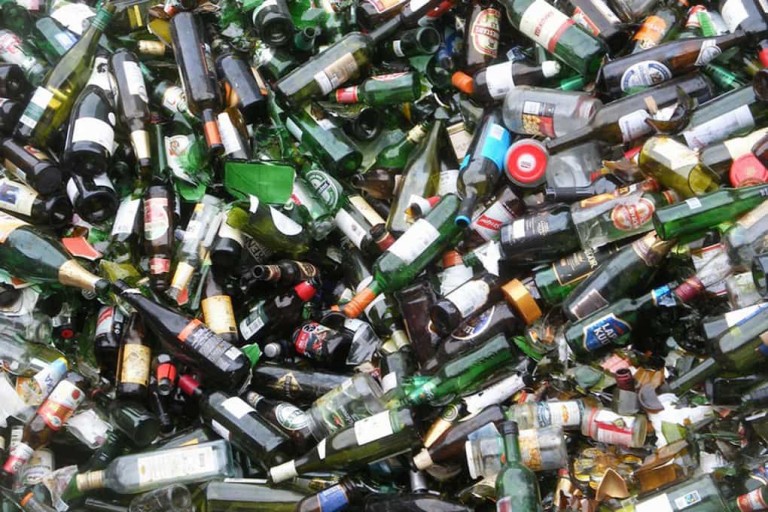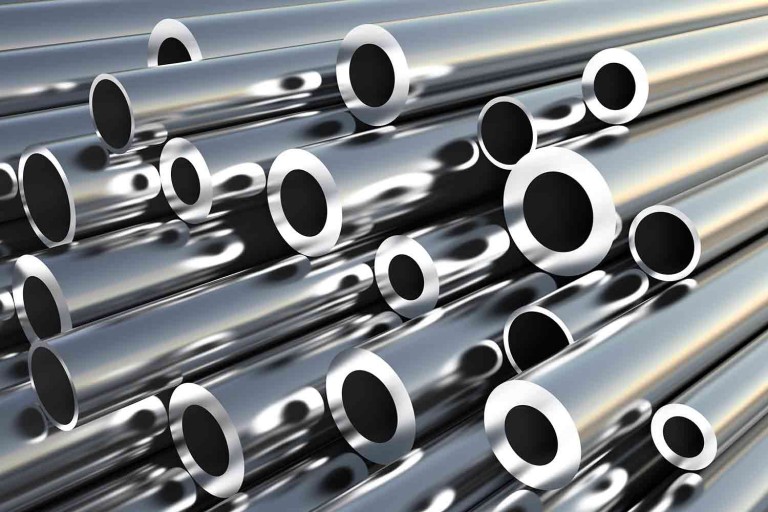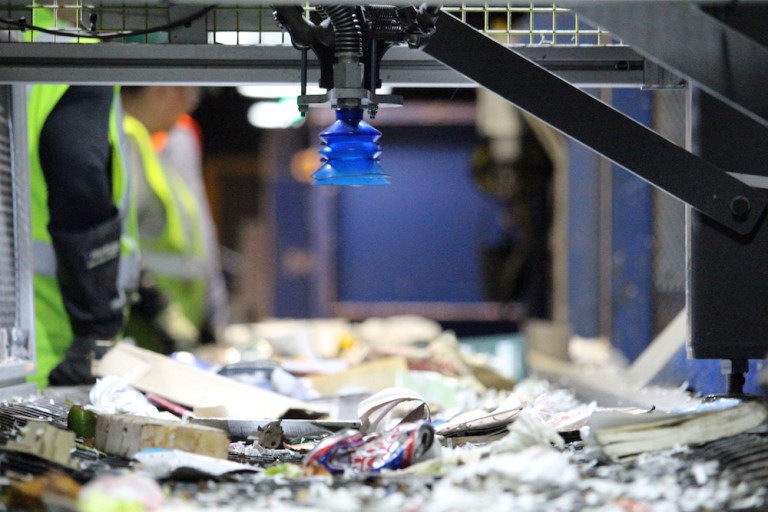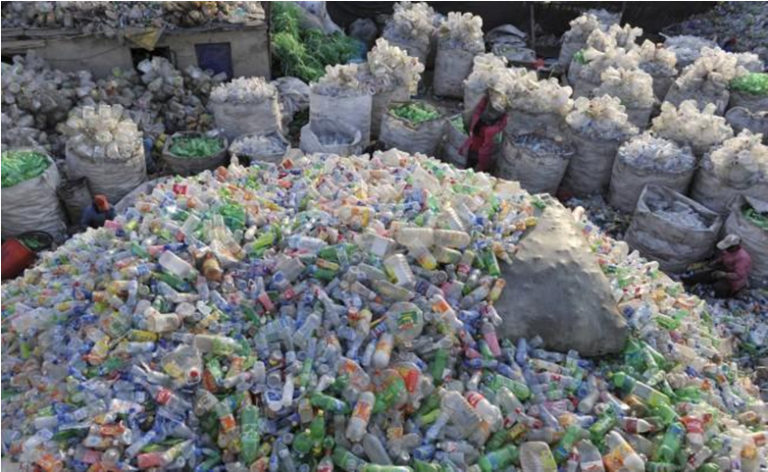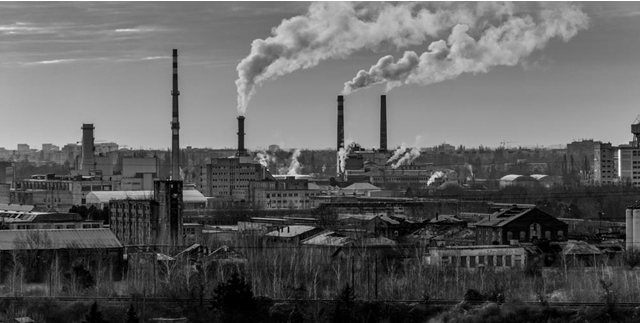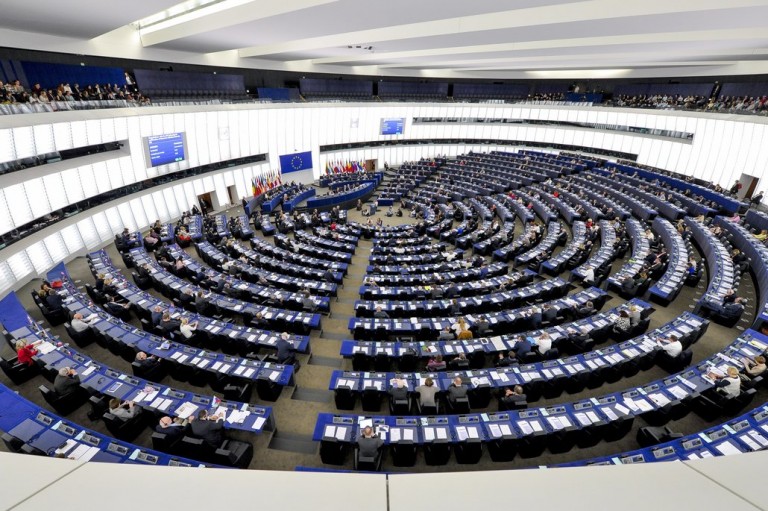How are medicines recycled?
Keeping the biosphere clean is the responsibility of each of us. Individually and as a business, we all generate waste. In the past year, some of them were packaging and residues of medicinal products – a much larger part than in previous periods, which was largely dictated by the outbreak of the global epidemic of COVID-19 virus.
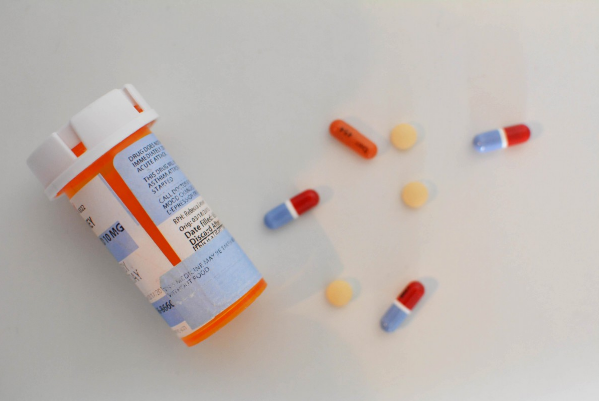
Unfortunately, there are still very few people among us who know that medicines should not be thrown away anywhere. On the contrary – found in nature, they could pose a danger to the ecosystem.
In fact, even drug packaging is hazardous waste and should not be disposed of with other household waste, nor distributed to plastic, glass and other containers. Therefore, in different countries there are sanctions for non-compliance with local regulations for dealing with this type of garbage.
What are the most dangerous drugs for disposal in the household container?
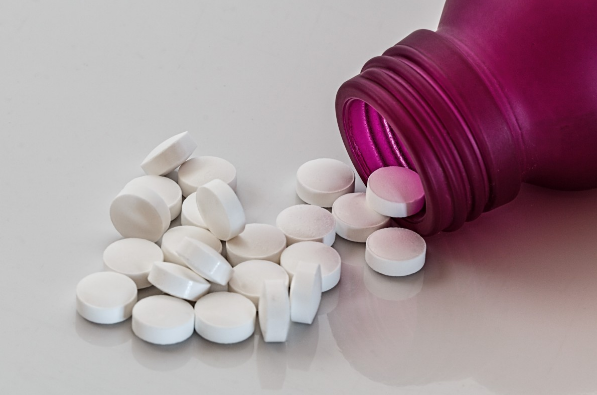
The most dangerous drugs, these are the cytotoxic and cytostatic drugs that are used in oncology practice. Their content, especially in larger quantities, is really harmful to the environment. However, there are a number of preparations whose active substances are not toxic in themselves.
If they are disposed of uncontrolled, they may come into contact with and interact with other chemicals. It is possible to obtain new poisons, explosive or flammable mixtures. In addition, their accumulation in the soil leads to poisoning of food and drinking water.
But the arbitrary dumping of drugs can endanger human and public health not only indirectly, through pollution, but can also be directly dangerous to us. For example, if unused expired medicines are found by unscrupulous or unscrupulous people, they could be misused. Not to mention that there is also a risk to the health of people involved in garbage collection, transport and treatment.
What happens to the drugs when they enter the processing plant?
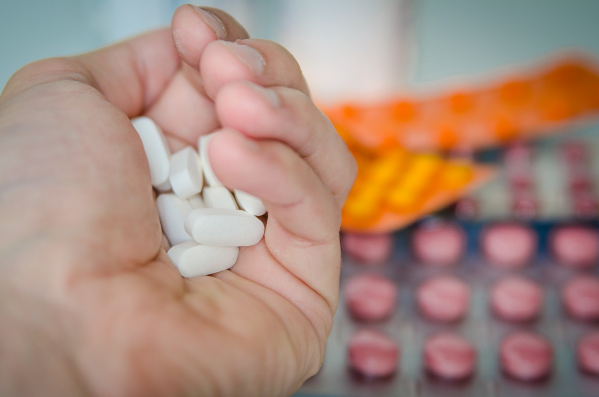
First of all, as soon as they enter the recycling plant, the medicinal materials and the packaging of the medicines must be pre-sterilized and the harmful substances must be destroyed before proceeding to the next stage of their processing. This is usually done by chemical disinfection methods After proper cleaning, they are sent for recycling by type of waste – metal, plastic and glass, respectively.
Medicines and waste at European Union level
According to the legislative framework currently in force in the European Union, the disposal of pharmaceutical waste must be separated in all cases, in dedicated sections. According to the competent EU authorities this should apply to all medicines, whether or not they are classified as hazardous waste.
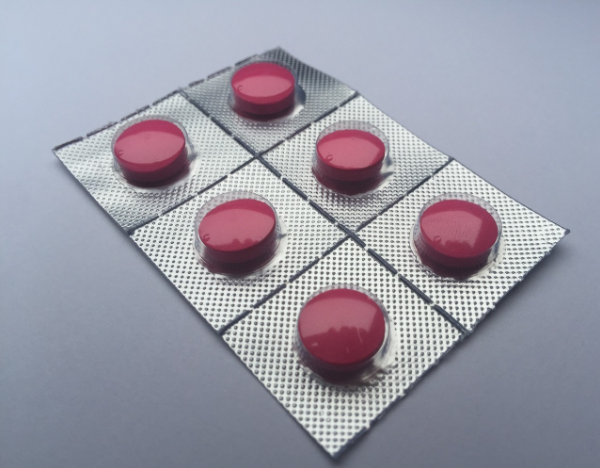
As regards the needs of EU households, to facilitate them, pharmacies are required to collect old medicines and used pharmaceutical packaging for recycling. In a number of Western European countries, a container can be seen in front of each point of sale of medicines, where the already used ones can be left.
In practice, in France, for example, more than 60 percent of all medicines purchased are recycled in this way. However, such large-scale programs at the level of the pharmacy network practically do not happen anywhere in our country.
Pharmacists in some places refuse to accept them en masse, because it costs them a lot of money to give them for destruction. The collection and disposal of medicines is done only by the waste processing companies, which perform the activity as a public service for the local authorities.
The status quo in Bulgaria
In our country, a political campaign was briefly launched in 2018, aimed at adopting amendments to the legislative texts that would allow medicines and their packaging to be disposed of in ordinary rubbish bins.
In the end, this change in legislation was not adopted by the legislature. This has further confused many people, and to this day thousands of citizens continue to put nature at risk by dumping hazardous substances in the household container.
In the end the responsibility for providing opportunities for collection of hazardous waste from medicinal products was entrusted to the municipalities in some places in our country. According to the rules of the Municipal Councils, the role is assigned to determine the specific order in which to collect and destroy.
In general, this happens as a campaign and quite rarely. In some of our larger cities, mobile points are organized for this purpose no more than once or twice a year.
Unfortunately, in many places there is still no way to get rid of hazardous waste from medicines. The system in this respect also suffered a large amount of additional load due to the pandemic situation.
What happens if we don’t recycle them?
After failing to find an option to hand them over to be safe, some people end up with no choice but to throw away their unused medications, for example, in the sink or toilet bowl.
In this way, they fall into the wastewater. Unfortunately, the treatment plants of most modern cities are not adapted for disposal of pharmaceutical waste. Therefore, it is possible for any substances to enter the surface groundwater and accumulate them. contaminate.
How to deal with drugs and their residues?
According to the Law on Medicines for Human Medicine in our country, the instructions on how and where the residue of the medicinal product should be disposed of after its use must be included in the documentation for its registration. By virtue of the same normative text, the brief description in question can be found on the website of the Executive Agency for Medicines.
The import of medicines with expiration date should also be controlled. With this, the regulatory authorities hope to avoid ill-intentioned import in order to destroy the territory of our country. It is not clear to what extent the Customs Agency supervises the issue.
When you have difficulty disposing of medicines or other residual materials from human medicine, the recycling specialist – Nord Holding, is as always with you. We will help you properly recycle medicines and packaging from them.
